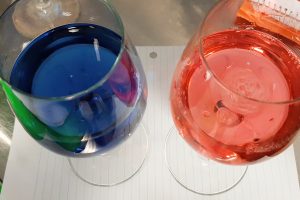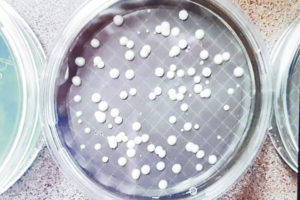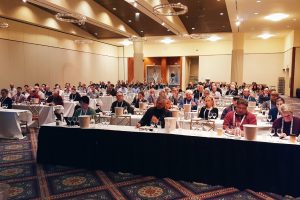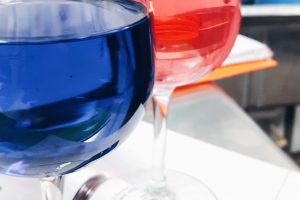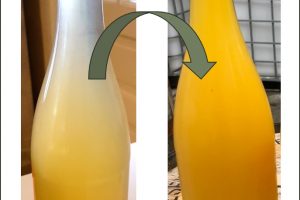This post is a part of the “Back to Enology” series in which I, Denise Gardner, take time to explain the science behind concepts misunderstood (or mythological) in winemaking practices. Part 1 discussed Misconceptions around sulfur dioxide additions to wine. A full reasoning behind this “Back to Enology” series can be found at the end […]
Formula Wine
New Wine Packages = New Problems
As many in the wine industry transition from packaging wine in traditional 750-mL bottles to trying out alternative packages like cans, pouches, and Tetra packs, new stability problems emerge. It’s easy to assume that the package has no real impact on the wine other than potential quality characteristics (e.g., aromatic intensity, aromatic profiles, shelf-life or […]
2019 EWE Conference Recap
Formula Wine Production, Regulatory Challenges, and Yeast Selection As many of you know, I regularly attend the Eastern Winery Exposition (EWE) Conference. The conference gives me a chance to see what’s new among tradeshow vendors and catch up with many familiar faces. You’ll usually find me at the American Society of Enology and Viticulture – […]
Create, Sip, Serve
Producing Formula Wines Wines that require TTB formula approval are hitting grocery store and wine shop shelves: Sangria, Margarita wine, Pre-Bottled mulled wine, pumpkin spice wine, grape wine with natural flavor. These wines are “alcoholic beverages that use ingredient additions or processing alterations outside of the Standard of Identity (SOI) for wine.” The options surrounding […]
Crafting Formula Wines with Intention
I would consider any wine product that requires formula approval by the TTB a “formula wine.” Many wines that include flavoring and/or coloring additions require formula approval by the TTB in order to receive a Certificate of Label Approval (COLA) for that product. Common examples of formulated wines include pre-packaged or pre-bottled: Sangria [Mulled] Spiced […]
